Buying a business requires a good deal of capital or lender resources. The bottom line is that a large percentage of buyers don’t have the necessary capital or lender resources to pay cash and that is where seller financing comes into play. The fact is that seller financing is quite common. In this article, we will take a deeper look at some of the key points to remember.
Is Seller Financing a Good Idea?
Many buyers feel that a seller’s reluctance to provide seller financing is a “red flag.” The notion is that if a business is truly as good as the seller claims it to be, then providing financing shouldn’t be a “scary” proposition. The truth is that this notion does carry some weight in reality. The primary reason that many sellers are reluctant to provide seller financing is that they are concerned that the buyer will be unsuccessful. This, of course, means that if the buyer fails to make payments, that the seller could be forced to take the business back or even forfeit the balance of the note.
However, it is important for sellers to look at the facts. Sellers who sell for all cash receive approximately 70% of the asking price; however, sellers receive approximately 86% of the asking price when they offer terms!
Seller Financing has a Range of Benefits
Here are a few of the most important benefits associated with seller financing: the seller receives a considerably higher price, sellers can get a much higher interest rate from a buyer than they can receive from a financial institution, the interest on a seller-financed deal will add significantly to the actual selling price, there are tax benefits to seller financing versus an all-cash sale and, finally, financing the sale serves as a vote of confidence in the buyer.
Clearly there are no guarantees that the buyer will be successful in operating the business. Yet, it is key that sellers remember that in most situations the buyers are putting a large percentage of their personal wealth into the purchase of the business. In other words, in most situations, the buyer is heavily invested even if financing is involved.
Business brokers excel in helping buyers and sellers discover creative ways to finance the sale of a business. Your broker can recommend a range of payment options and plans that can, in the end, often make the difference between a successful sale and failure.


